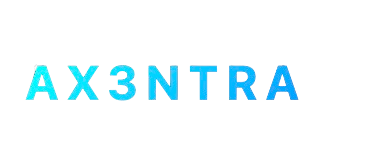Decentralization Isn’t Chaos It’s Democracy for the Internet
Chaos? Nope. Decentralization is actually a digital democracy a way to give everyone a seat at the internet’s decision-making table.

You’ve heard the buzzword decentralization but it’s often misunderstood as disorder or messiness. In reality, decentralization is the backbone of true democracy for the digital age. It’s about distributing power so no single entity controls the internet, making it more open, fair, and resilient.
What Is Decentralization Anyway?
Decentralization means distributing control across multiple participants rather than relying on a central authority. Instead of one company or server calling all the shots, many nodes share responsibility and power is spread out like seeds in a field, not hoarded like gold in a vault.
Why It’s Not Chaos but Democracy
When all decisions and data go through one gatekeeper, that entity becomes a bottleneck and worse, a potential point of failure or abuse. Decentralization flips this, creating a system where everyone can participate in decision-making, verification, and governance. It’s digital democracy in action, ensuring fairness and resilience.
Power to the People: Real Examples

Real-World Analogy: Town Hall Meeting vs. Dictator’s Decree
Traditional centralized internet systems are like a town with one ruler making all decisions behind closed doors. Decentralization is like an open town hall meeting where everyone’s voice counts, and policies reflect the community’s will.
Decentralization might sound complicated, but at its heart, it fulfills the promise of the internet as a truly open, user-controlled space. It’s less about chaos and more about opportunity a digital democracy where everyone has a role.
Want to explore how decentralization reshapes the future? Join Ax3ntra and get your Web3 insights fix because the future of the internet is loading.
